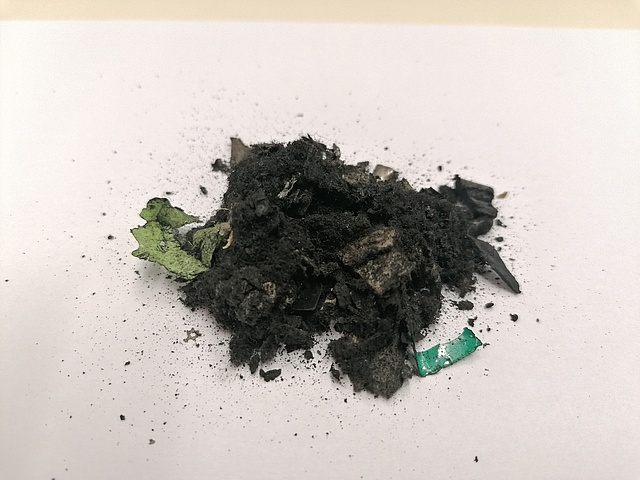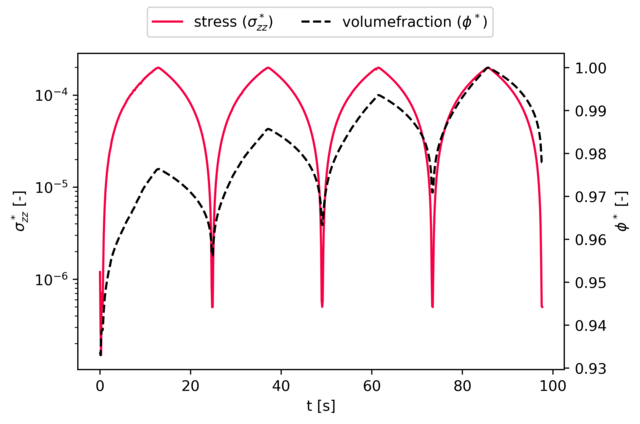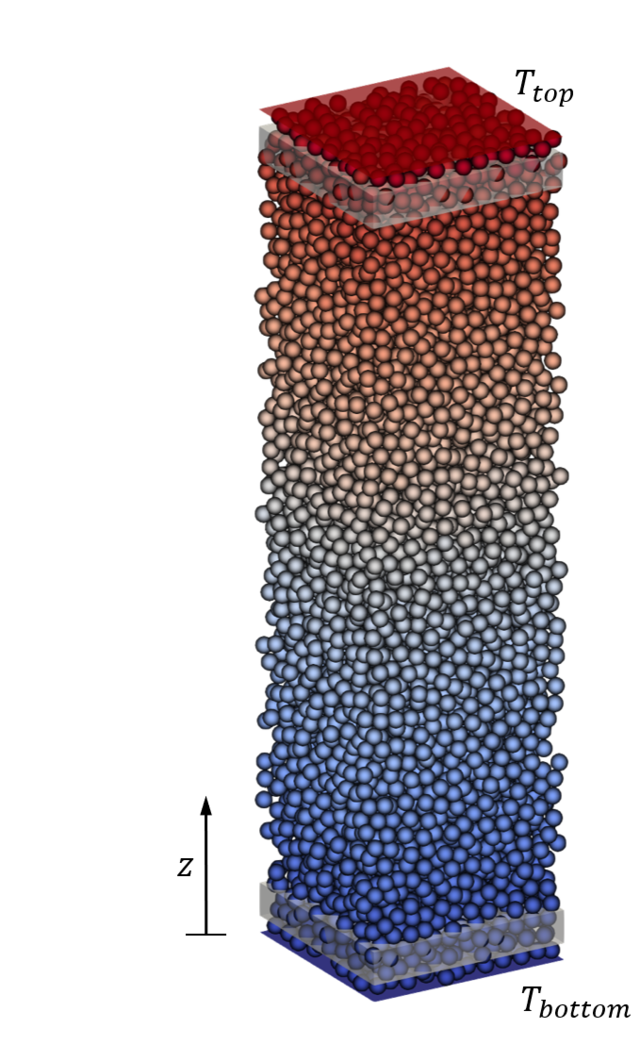About me
I began my studies in chemical engineering at Graz University of Technology in 2018. Upon completing my bachelor's program, I pursued a master's degree in chemical engineering with a focus on systems engineering and process technology. During my master's studies, my fascination for various simulation methods and techniques grew. This interest led me to work at the Institute of Process and Particle Engineering, where I applied CFD simulations to predict potential distributions in the wafer etching process. Additionally, I was involved in a project exploring flow behavior for cleanroom decontamination using H2O2. As part of my master's thesis at the Institute of Chemical and Environmental Engineering, I developed and implemented an optimization algorithm aimed at determining optimal parameters of thermodynamic models based on experimental data, employing a machine learning strategy. In 2023, I embarked on my Ph.D. journey at the Institute of Process and Particle Engineering under the guidance of Stefan Radl.


